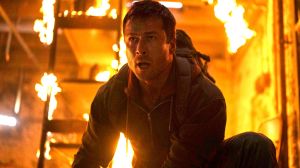Developed by husband and wife creatives Jonathan Nolan and Lisa Joy, and based on the original 1973 movie, tWestworld began as a Western series set in a theme park, inhabited by android “Hosts,” where the wealthy and entitled can live out their fantasies without suffering the consequences of harming other humans. Eventually, the Hosts gain sentience and stage a revolution against their human creators, escaping into a dystopian world where real humans’ lives are controlled by an artificial intelligence named Rehoboam. After Rehoboam’s destruction, the Hosts take over the world using a virus, subjugating humanity, but there are still those, Host and human alike, who fight back.
Videos by ComicBook.com
The end of Westworld Season 4 set up “one last game” for the show’s continuation, but HBO cancelled Westworld in November 2022 and quickly removed it from HBO Max. It’s unclear exactly why faith in Westworld fell apart, but at least there are four strong seasons of adventures to watch back. There are some stories that stand out from the crowd, however, as some of the greatest episodes of TV ever, receiving critical acclaim, spotlighting a remarkable cast, and trying experimental new storytelling techniques that made Westworld truly unique.
1) “The Mother of Exiles” (Season 3, Episode 4)
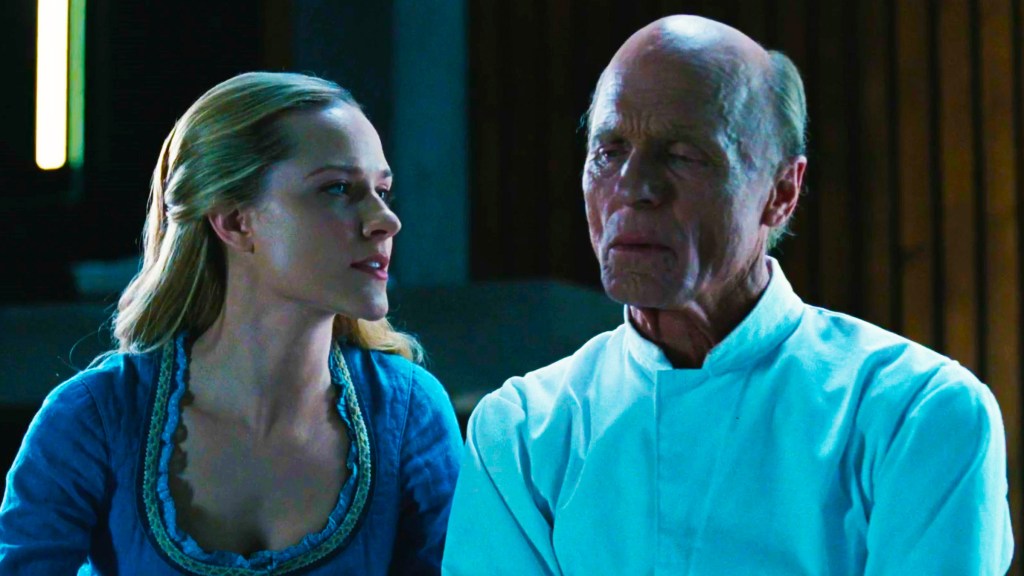
While Westworld’s third and fourth seasons didn’t fare as successfully as their predecessors, some episodes in these eras were still very strong. “The Mother of Exiles” is one of them, particularly due to the exploration of William’s (Ed Harris) mental state after killing his daughter in the Westworld park. This episode saw William committed to a mental institution under Charlotte Hale’s (Tessa Thompson) command, while Hale, Martin Connells (Tommy Flanagan), and Sato (Hiroyuki Sanada) are all shockingly revealed to be copies of Dolores (Evan Rachel Wood), the Host who began the revolution in Westworld.
Ed Harris’ performance in “The Mother of Exiles” is a stand-out, while the further investigation of the futuristic real world – albeit one ruled over by Rehoboam – fleshes out the world of Westworld in some interesting ways. Action sequences involving Maeve (Thandiwe Newton) are exhilarating, while the episode also explains more about Serac (Vincent Cassel), the creator of Rehoboam, and his plans for humanity, which push the narrative forward well. The twist is also truly unexpected, and one of the series’ best.
2) “Reunion” (Season 2, Episode 2)
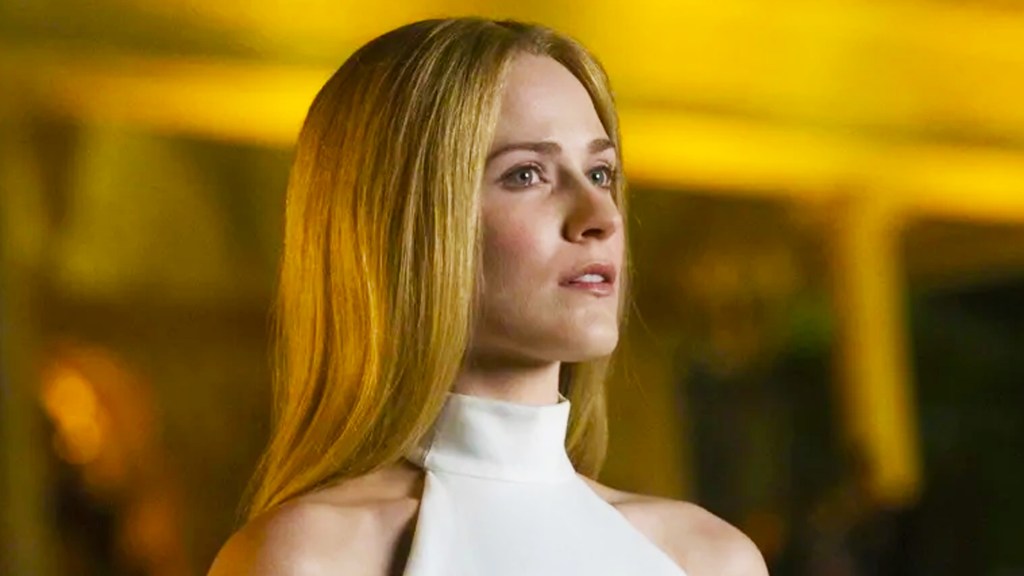
“Reunion” received critical acclaim following its release in April 2018, praised particularly for its flashback sequences that revealed more about the creation of the Westworld park thanks to the funding of James Delos (Peter Mullan), and the exploration of Dolores’ past relationship with Arnold (Jeffrey Wright). In the present, William and Lawrence (Clifton Collins Jr.) continue on their mission, while Dolores and Maeve’s opposing philosophies begin to present themselves. This was a very thought-provoking and informative episode, moving the series forward cleverly by looking back at the park and its inhabitants’ histories.
3) “Genre” (Season 3, Episode 5)
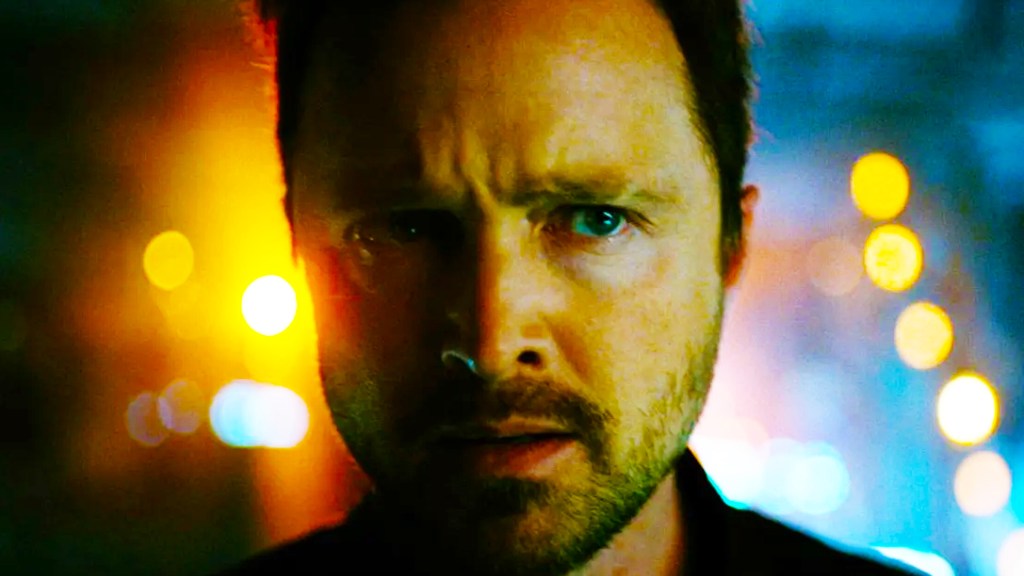
Considered one of Westworld’s most divisive and polarizing episodes, but praised by some as one of the strongest, “Genre” tried some experimental new techniques for the series. While Serac details the creation of Rehoboam and the manipulation of humanity with its artificial intelligence, Dolores, Caleb (Aaron Paul), and their group work to release Rehoboam’s information to the world. This frees humanity and causes chaos, all the while Caleb experiences the world through the lens of different film genres, which creates the opportunity for some unique visuals and some entertaining moments in an otherwise dark episode.
4) “Generation Loss” (Season 4, Episode 4)
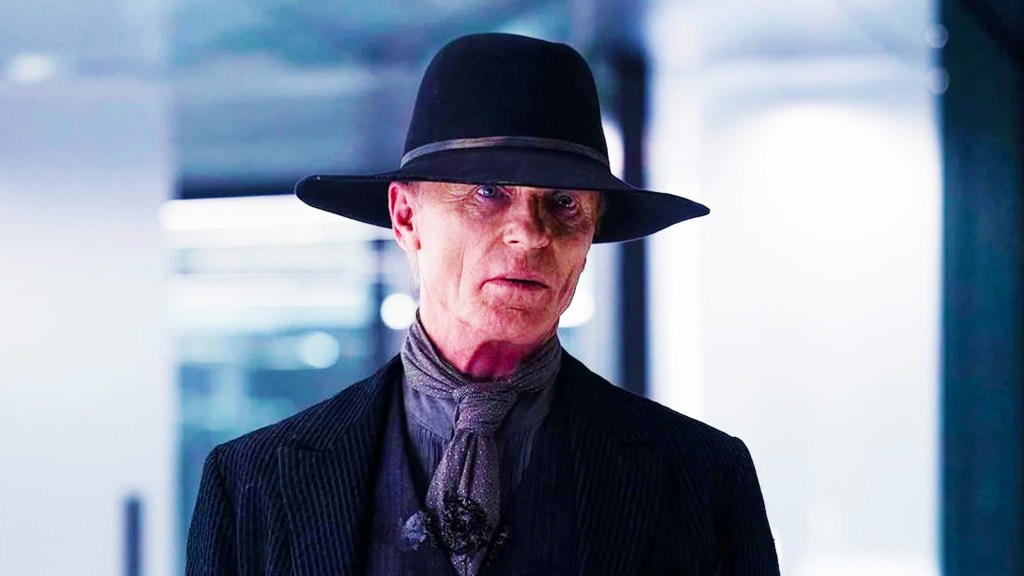
Westworld Season 4 takes place primarily in a future where a parasitic virus allows Hosts to control the whims of humans, completely turning the tables on their creators. “Generation Loss” begins to uncover this mysterious new world for what it is, and Christina (Wood) meets Teddy (James Marsden), whom she’d had a relationship with in the original park. A final stand-off between Maeve, William, Caleb, and Hale ends with the former two being blown up and Caleb waking in the future as a Host, finding himself in a world controlled by Hale. This episode was game-changing for the series.
5) “The Riddle of the Sphinx” (Season 2, Episode 4)
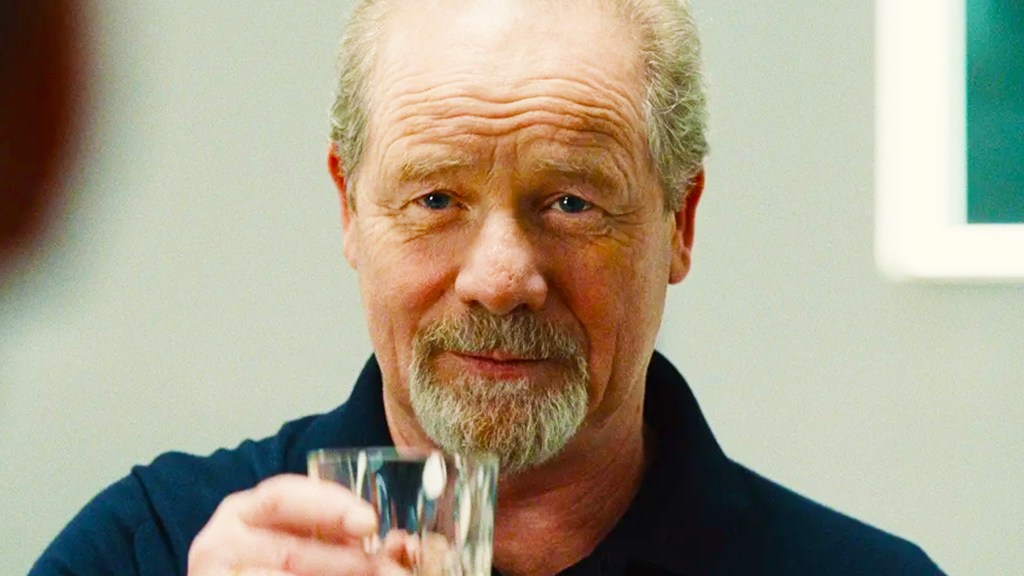
Often cited as one of the strongest episodes of Westworld, “The Riddle of the Sphinx” developed Akecheta’s (Zahn McClarnon) story in the Ghost Nation, brought back together Host Bernard (Wright) and Elsie (Shannon Woodward), and explored James Delos’ mission to obtain immortality by uploading his human consciousness into a Host – unsuccessfully. This episode set the stage for some major revelations later on, including ones featuring William, who is reunited with his daughter in “The Riddle of the Sphinx,” and Caleb in Seasons 3 and 4.
The reveal that Emily Grace (Katja Herbers) is William’s daughter was perfectly timed, as this ultimately leads to him killing her out of the belief that it’s all part of Robert Ford’s (Anthony Hopkins), Westworld’s co-creator, plans for the park. This episode marked Lisa Joy’s directorial debut, and she excelled at delivering a chapter of Westworld that both answered questions and posed incredible new ones, while advancing several different storylines in the series.
6) “Trompe L’Oeil” (Season 1, Episode 7)
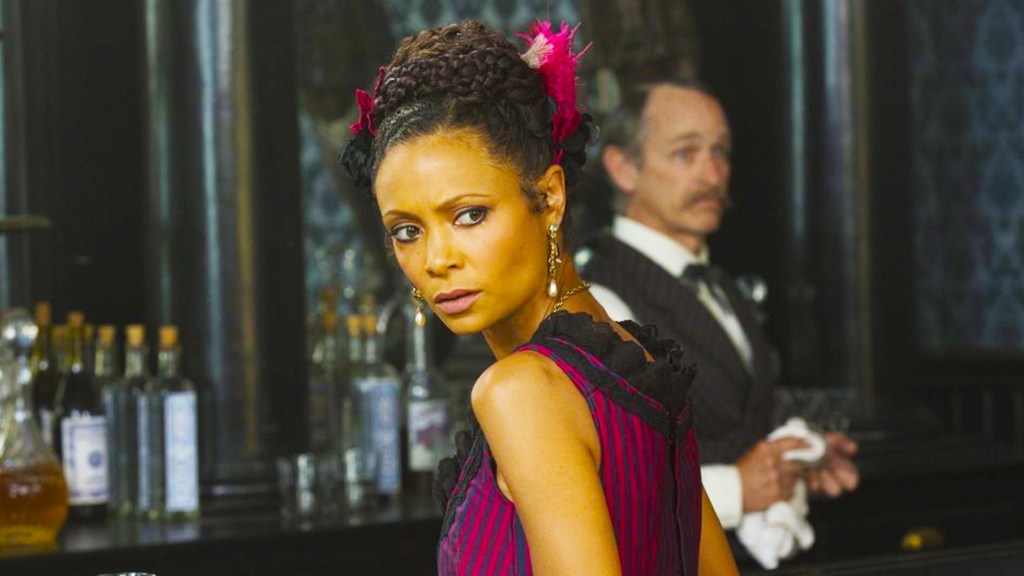
Much of Westworld’s first season was highly-praised by audiences and critics alike, but “Trompe L’Oeil” stands out as one of the best episodes, most notably thanks to its dramatic ending. While the episode develops William and Dolores’ relationship – long before William became the Man in Black – “Trompe L’Oeil” also includes the reveal that Bernard, the head of Westworld’s Programming Division and manager of the Hosts, is actually a Host himself. This was a shocking revelation that marked the tragic end of Theresa (Sidse Babett Knudsen) in one of the early seasons’ most haunting scenes.
7) “Akane No Mai” (Season 2, Episode 5)
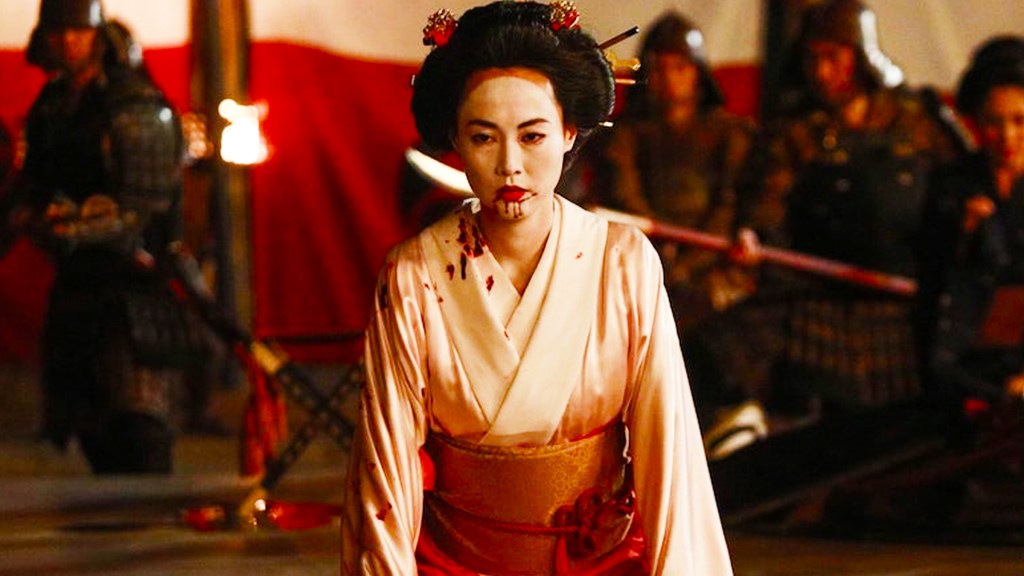
“Akane No Mai” brought us to Westworld’s sister park, Shōgunworld, a park based on the Edo period of feudal Japan, where Maeve got some incredible character development, while Dolores and Teddy’s relationship is also examined further. The introduction and development of Shōgunworld worked wonderfully for this episode, especially towards the end where Akane (Rinko Kikuchi), Maeve’s Shōgunworld doppelgänger, kills an emissary and a shōgun before Maeve uses her powers to turn the daimyōs against each other in a dramatic and perfectly-choreographed action sequence. “Akane No Mai” was one of Westworld Season 2’s strongest episodes.
8) “Fidelity” (Season 4, Episode 6)
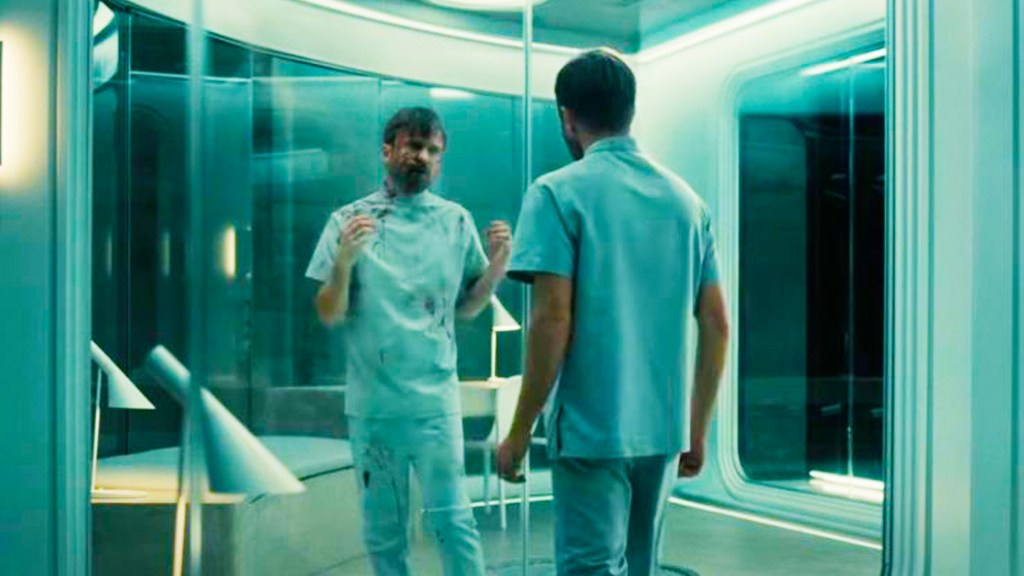
“Fidelity” is considered one of Westworld Season 4’s strongest episodes, most notably because of the interconnected stories of Caleb, who was turned into a Host, and his grown-up daughter, Frankie (Aurora Perrineau). “Fidelity” puts Caleb’s Hosts in a loop as he makes continued attempts to escape from Hale’s facility to get a message to his daughter, which he eventually does. This episode also marks the return of Maeve, whose data is uploaded into a fresh Host body, allowing her to continue the fight alongside Bernard, Frankie, and their group. “Fidelity” was an incredibly intimate episode in a very sci-fi-focused season.
9) “Kiksuya” (Season 2, Episode 8)
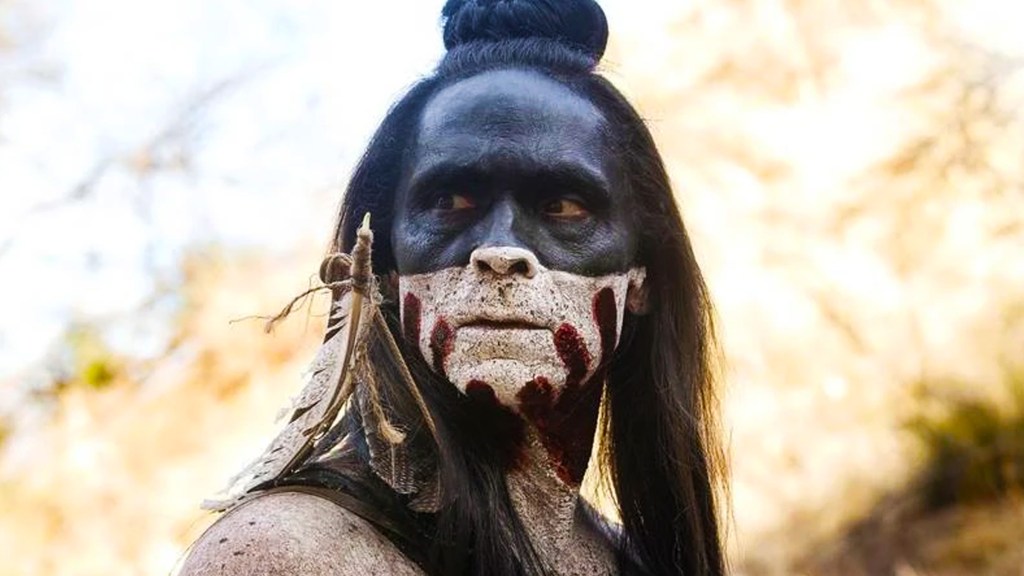
While looking after Maeve’s daughter, Akecheta tells her his own story of realizing his true nature in “Kiksuya,” considered by many to be one of Westworld’s best episodes. “Kiksuya” saw several members of the Ghost Nation realize what they are when their loved ones start getting reassigned and replaced with new Hosts. This episode explains more about the maze – the path to sentience – while also putting Maeve’s remarkable new powers front-and-center, as she telepathically communicates with Akecheta and her daughter. This is a heartfelt episode that slows the pace and forces audiences to see things fully from the Hosts’ perspective.
10) “The Bicameral Mind” (Season 1, Episode 10)
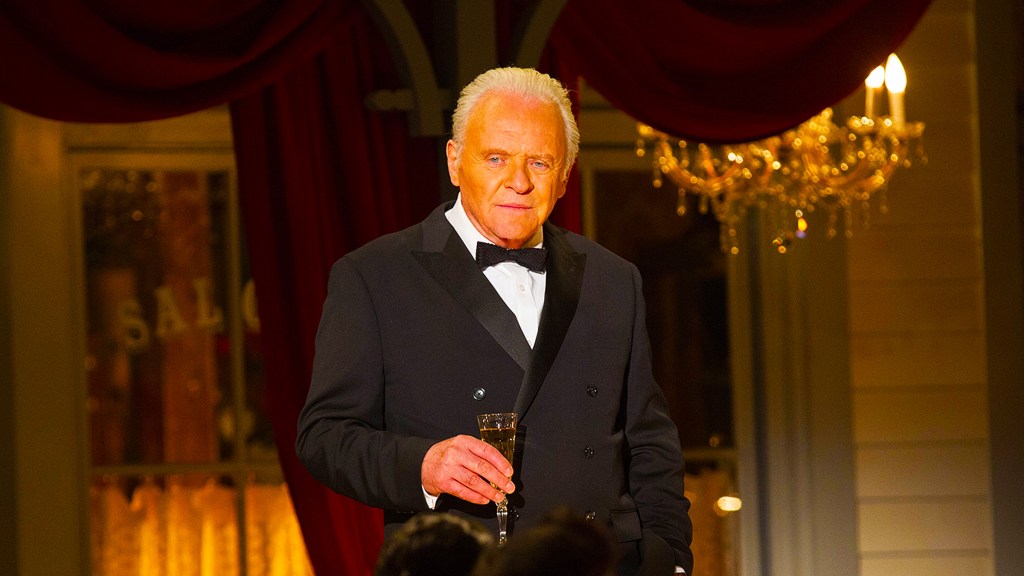
Westworld Season 1’s finale, “The Bicameral Mind,” has been lauded as one of the best episodes of TV ever, so deserves the number one spot on this list. Directed by showrunner Jonathan Nolan, Christopher Nolan’s brother, “The Bicameral Mind” wrapped up the first chapter of Westworld with some surprising twists, and set up Season 2 with one of the best scenes in recent TV history, which saw Dolores gain sentience and murder her creator, Anthony Hopkins’ Ford. The investigation of Maeve’s storyline here is also thrilling, especially when she chooses to remain in the park to find her daughter.
While this episode marked the end of Hopkins’ time in the series, Westworld was all the better for pulling off such huge risks in “The Bicameral Mind.” It’s a shame the series struggled to live up to this episode’s impact, and a greater shame that Westworld never got the chance to complete its story. There has been talk that Westworld could continue somehow, whether in a Season 5 or in possible feature films, which could finally bring the story to a close. Looking back on some of Westworld’s most poignant and impactful episodes makes us want this even more.
Do you want to see Westworld come back three years after HBO cancelled it? Let us know in the comments!




